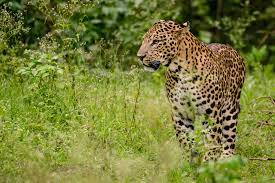Cicadas have a fascinating way of avoiding most predators. They spend most of their lives under ground. Every 17 years they awake from hibernation and emerge. At this point they mate, lay eggs and die. They young then climb back beneath ground and the process starts again.
However the numbers are incredible, with the average acre of land in the right states having 1.5 million Cicadas emerging from the ground.
1,200 cicada sightings have already been made.
One distinguishing characteristic behaviour is the males song, which can reach 105 decibels (louder than a lawn mower or many other heavy equipment.

















